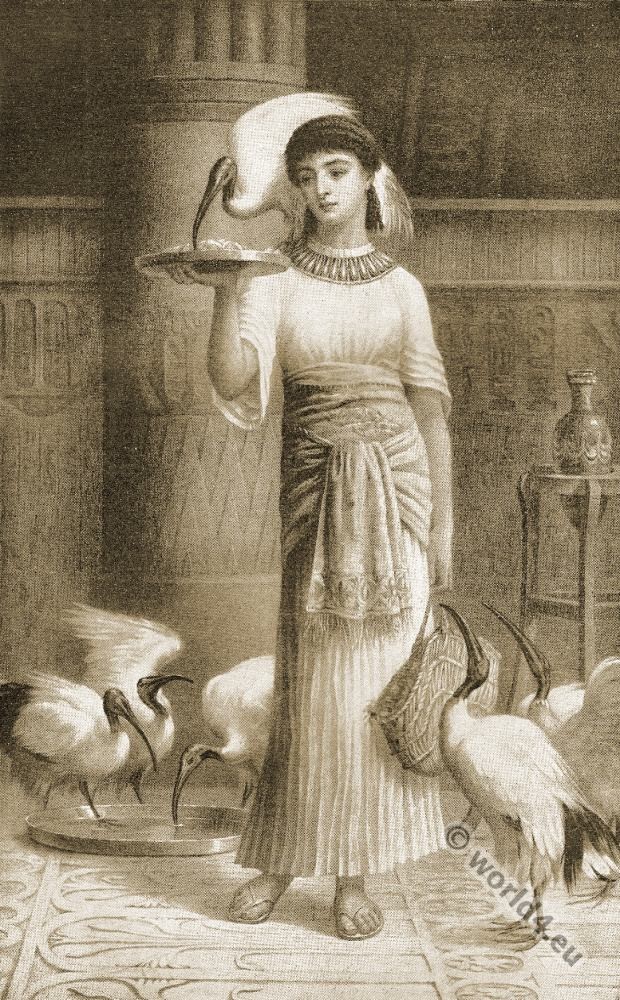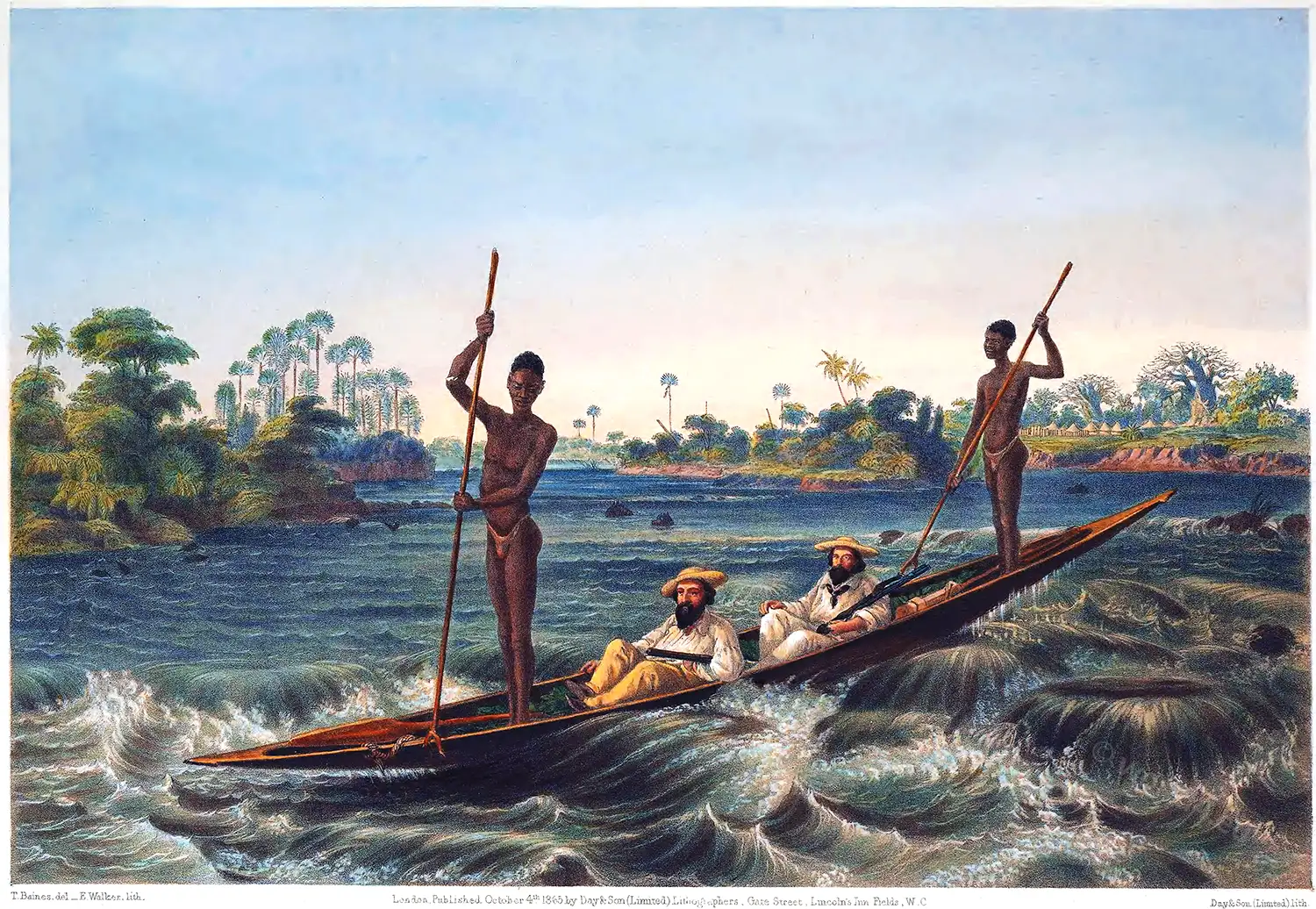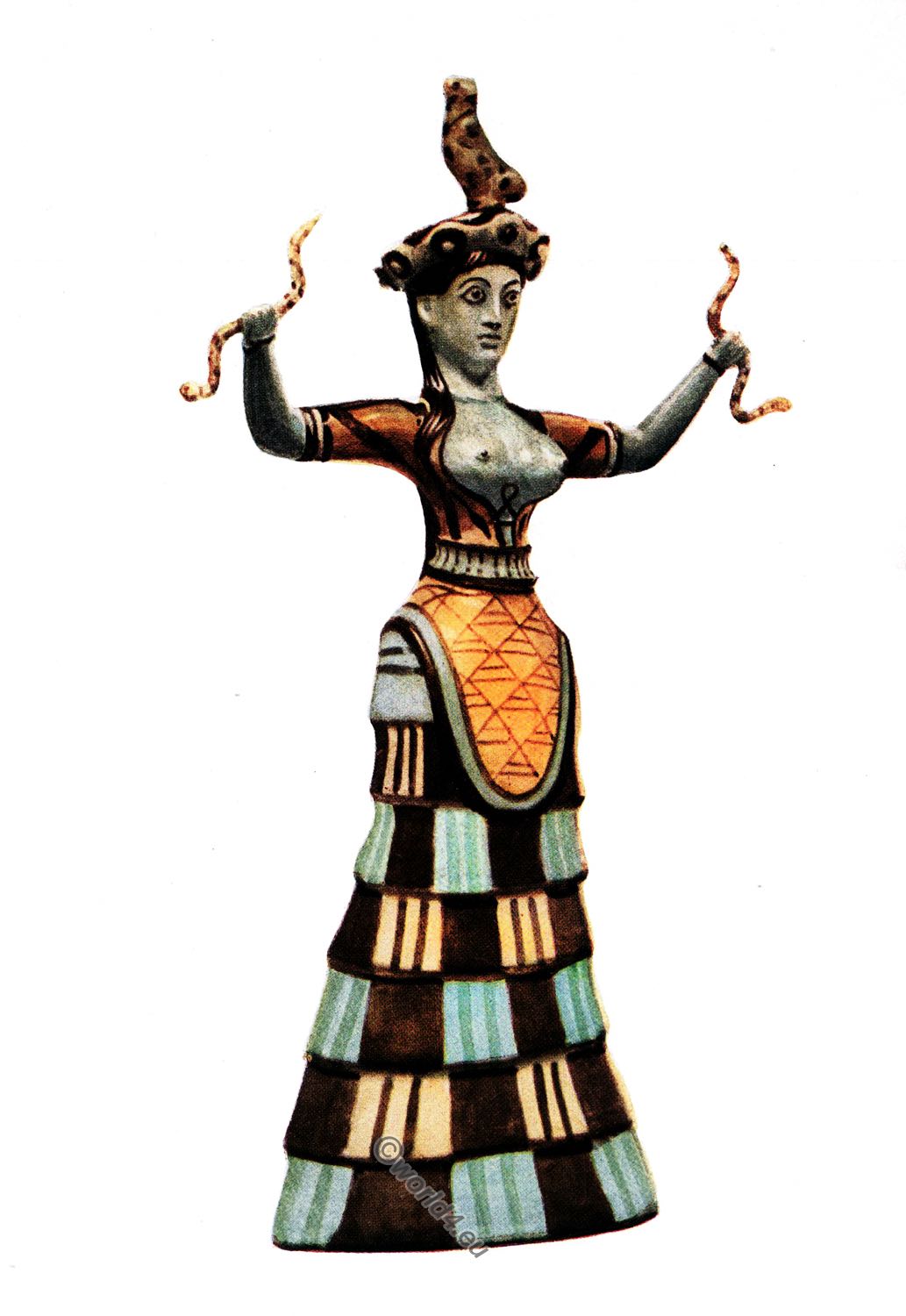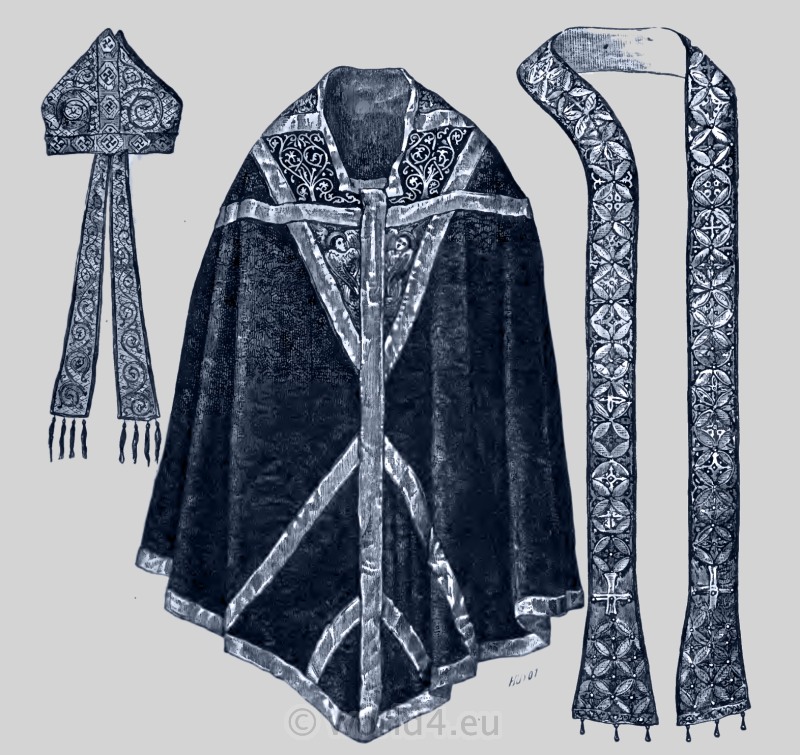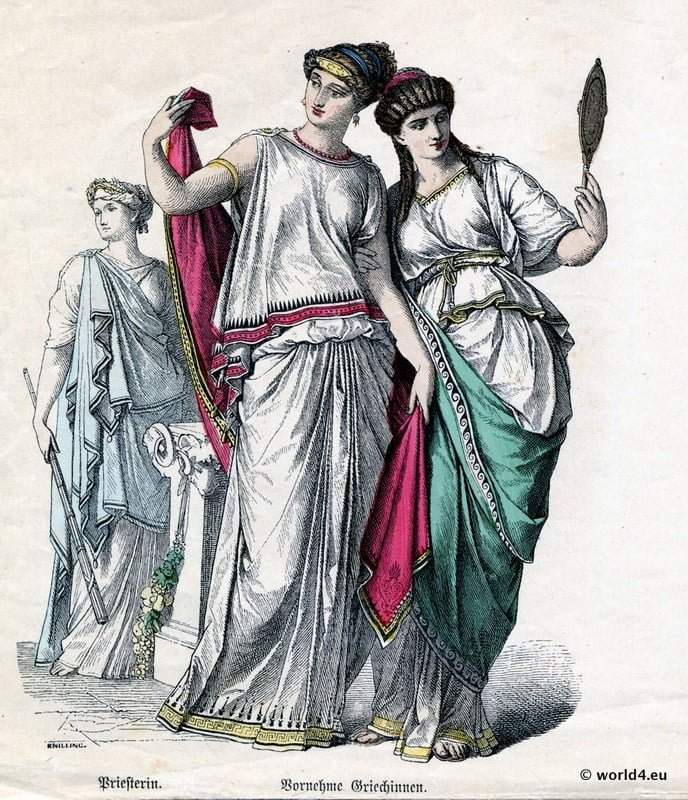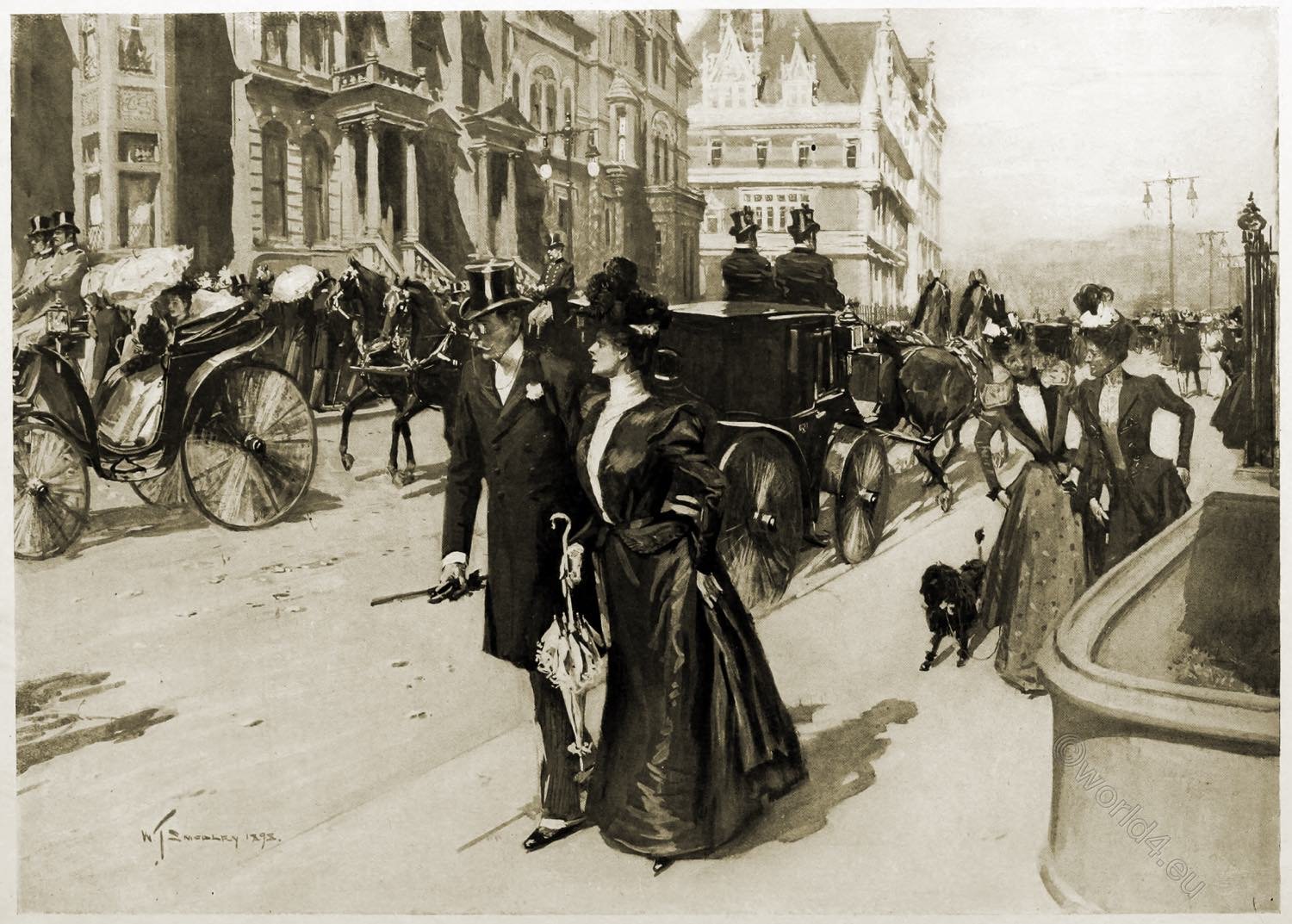Alethe, Priestess of Isis.
The Epicurean, a Tale by Thomas Moore.
When Alethe arrived at a suitable age, she was taught, like other children of the priestesses, to take a share in the service and ceremonies of the shrines. The duty of some of these young servitors was to look after the flowers for the altar; of others, to take care that the sacred vases were filled every day with fresh water from the Nile.
The task of some was to preserve in perfect polish the silver images of the Moon which the priests carried in processions, while others were employed in feeding the consecrated animals, and in keeping their plumes and scales bright for the admiring eyes of their worshippers. The office allotted to Alethe and the most honorable of these minor ministries was to wait upon the sacred birds of the Moon, to feed them daily with eggs from the Nile, of which they were fond, and provide for their use purest water.
The delicate birds will touch no other. This employment was the delight of her childish hours; and that ibis around which Alciphron (the Epicurean) saw her dance in the Temple was, of all the sacred flock, her especial favorite, and had been daily fondled and fed by ber from infancy.”
Thomas Moore’s “The Epicurean, a Tale.” 1827.
Edwin Long, Artist. E. G. Heater, Engraver.
Source: Character sketches of romance, fiction and the drama by Rev. Ebenezer Cobham Brewer, 1892. A revised American edition of the readers handbook. Edited by Marion Harland. Free eBook, Amazon.
Thomas Moore (Irish Tomás Ua Mórdha; 1779 – 1852) was an Irish poet, writer, translator and ballads singer. Thomas Moore is often called the Irish National Poet. This is mainly due to the Irish Melodies, his most famous work cycle. Moore Irish Melodies let Ireland appear in a harmonious, romantic light, far from all acts of violence and political conflicts of the time.
This earned him a lot of criticism. Conservative critics in England felt Moore could instigate with his works an uprising against the English Crown. Poems by Thomas Moore were set to music by several composers, they include Gaspare Spontini, Robert Schumann, Hector Berlioz, Charles Ives, William Bolcom, Lori Laitman, Benjamin Britten and Henri Duparc.
- The poetical works of Thomas Moore, including the “The Epicurean.” By Moore, Thomas, 1779-1852.
- The Epicurean, a Tale. (Haiti Trust)
- About “The Epicurean, a Tale.” The Eleusinian and Bacchic Mysteries, by Thomas Taylor.
Reviews. Google book
- Alethe, Priestess of Isis. The Westminster Review. Baldwin, Cradock, and Joy, 1827.
- The Casket, Or, Flowers of Literature, Wit & Sentiment. Atkinson & Alexander, 1827.
- Alethe, Priestess of Isis. Meyer’s British Chronicle, a universal review of british literature. Bibliographic Institution, 1827
Related
Discover more from World4 Costume Culture History
Subscribe to get the latest posts sent to your email.

